TESTED EPISODE TWO: QUESTIONS OF A PHYSICAL NATURE
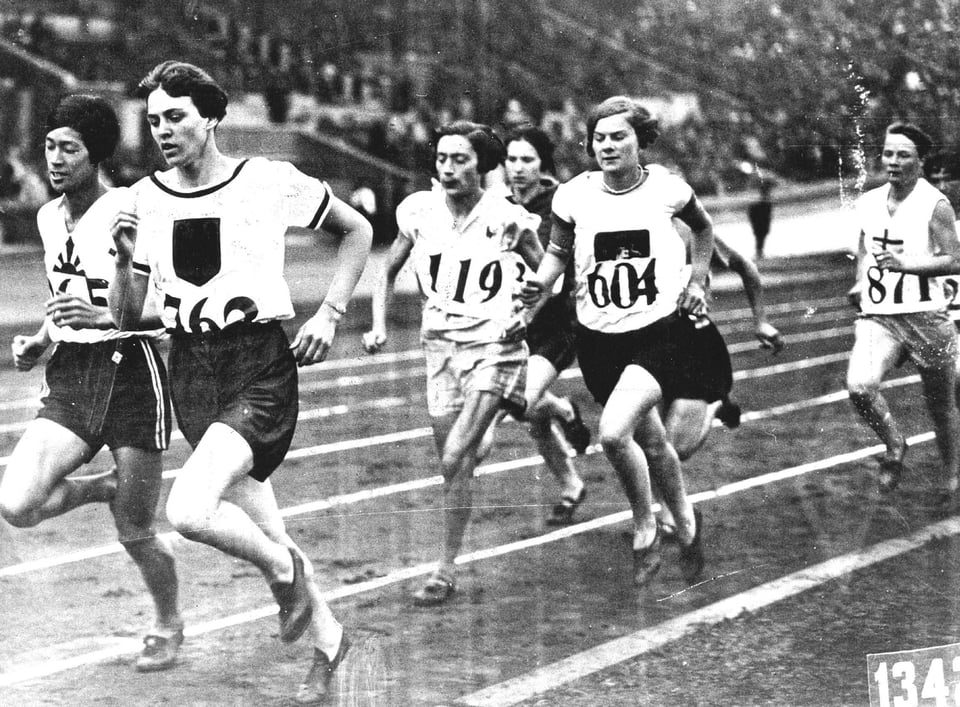
Episode Two: Questions of a Physical Nature
We go back almost 100 years, to the beginning of women’s inclusion in elite sports. It turns out that men had an odd variety of concerns about women athletes. Some doubted these athletes were even women at all. And their skepticism resulted in the first policies requiring sex testing.
→ → → LISTEN HERE (or wherever you get podcasts) ← ← ←
For each episode, we’ve published a full, annotated transcript with sources and further explanation for all the things we’re saying. You can find those here.
Behind The Scenes
For this show, I traveled all over the world. In this newsletter, for each episode, I’ll share some of the various pictures from my journeys.
SWITZERLAND & IOC ARCHIVES
Producer Ozzy Llinas Goodman and I spent a week at the IOC archives in December, looking through endless documents. Ozzy really was the real MVP here, they figured out the archive system and got everything pulled and sorted while I split my time between the archive and a sports & humans rights conference at the UN that you’ll hear about on a future newsletter.
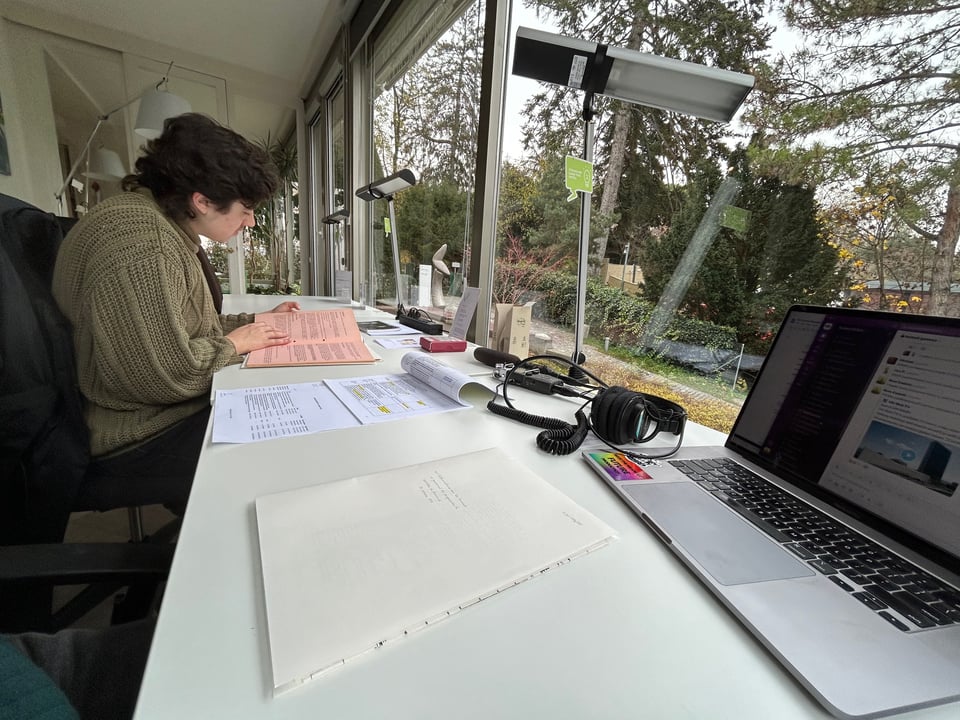
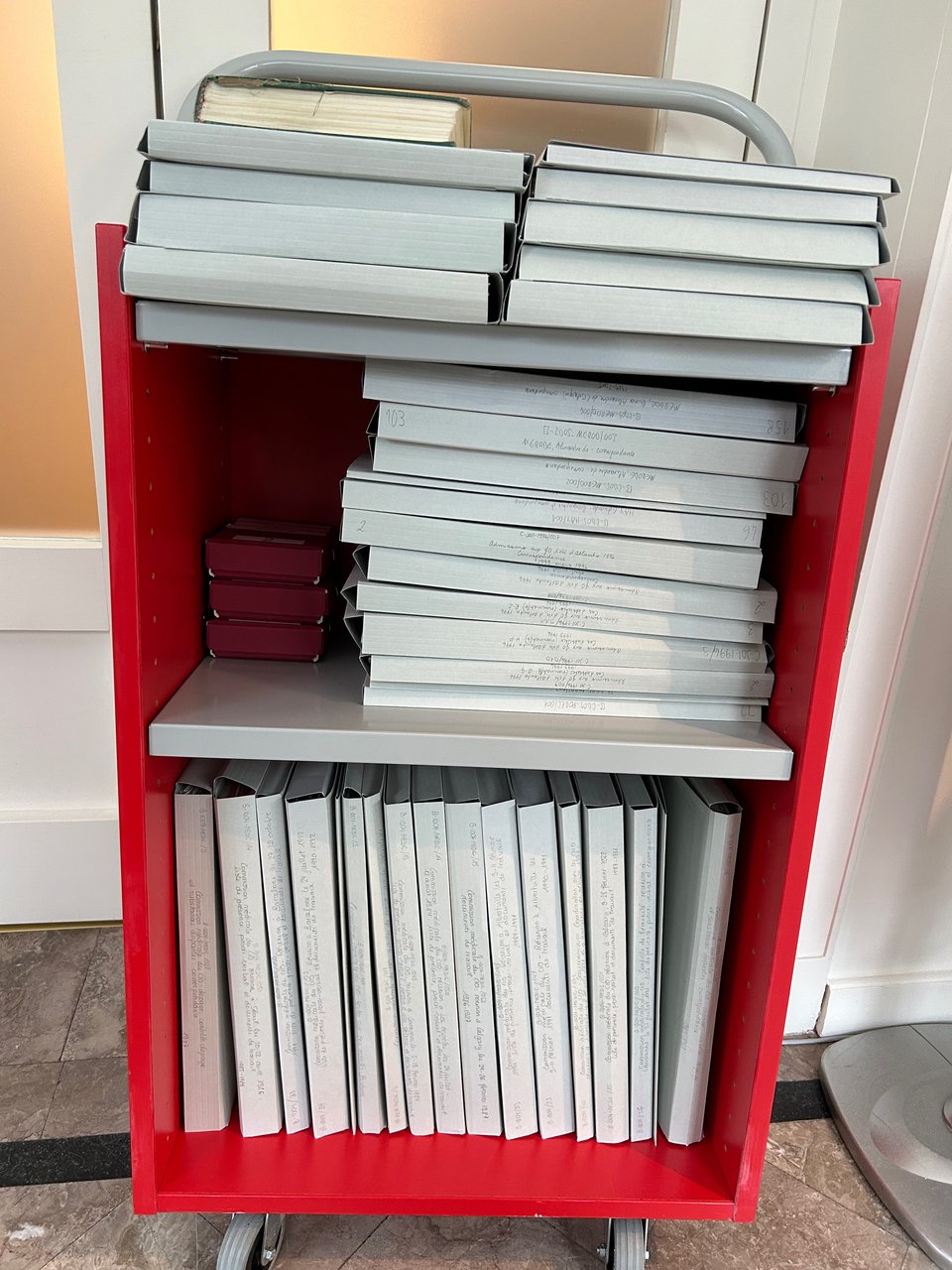

Additional Material
Episode two features a whole bunch of history, including a lot of examples of men being very worried about women competing in sports. There are an endless number of very funny newspaper clippings on this front, but I wanted to share with you my very favorites.
This comes from the Tuscon Citizen, from 1928.
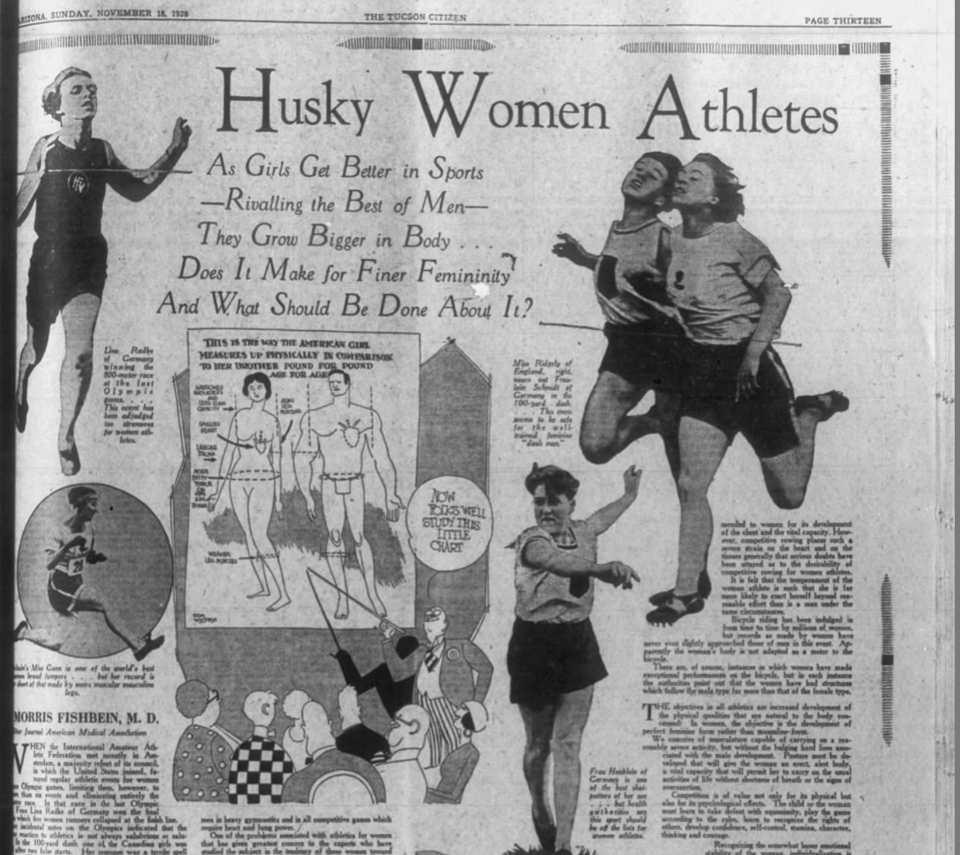
And this one comes from Lancaster New Era, from 1925.
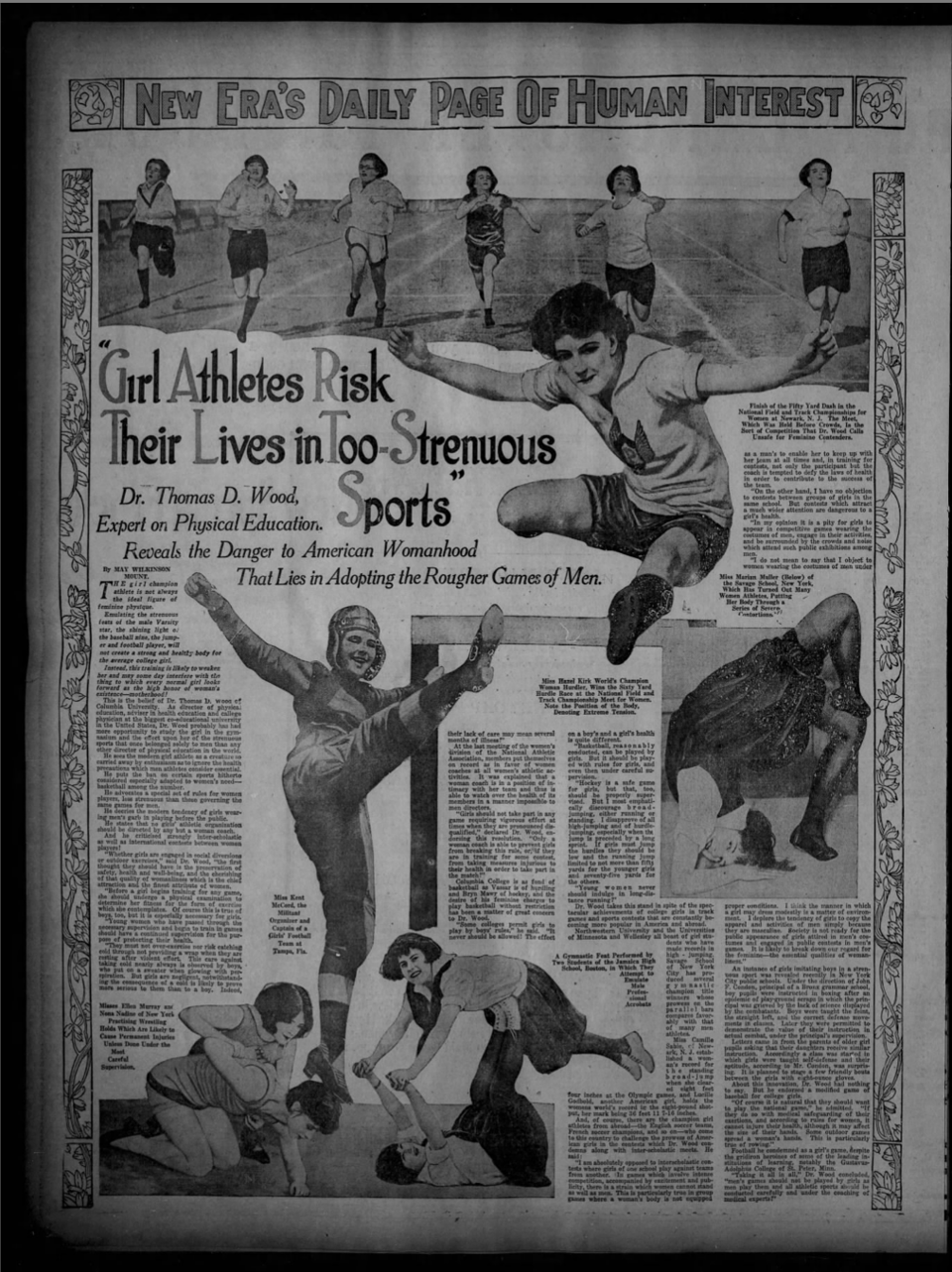
Cutting Room Floor
We could make a whole second, six part podcast out of all the stuff we cut from this series.
If you’re interested in learning more about Zdenek Koubek, I highly, HIGHLY recommend Michael Waters’s book The Other Olympians. One of the things I was saddest to have to cut back from our series was more of Koubek’s memoir. We had the memoir read by Em Solarova, who did a great job, and Koubek is so funny and silly and thoughtful in the memoir. I wish you could have heard more of it as read by Em. But here’s my favorite bit that we had to cut — it comes from the very beginning of the memoir, when Koubek is setting up his life thusfar.
Kindly allow me this question: Have you ever gotten on the wrong train? No? Then I sincerely hope that you do not know that feeling full of discomfiture and unease, when you look out the window and are suddenly shocked with fright. Instead of west, you are heading east. The ticket collector arrives. All eyes in the train car are turned spitefully on you and the passengers enjoy the fact that you will be convicted as a stowaway for your mistake. Many of your fellow travelers wish for you to be unloaded at the next station, like some useless, unwanted luggage. They wish to see how you would hopelessly and in despair tramp along the tracks, not knowing in which direction to turn.
I confess that I am one of those passengers whom Fate stuck on the wrong train. Should I have to cause alarm? I chose the second route, the more peaceful way: I requested a new ticket. And where it earlier bore the name Zdeňka, now written on it will be: Zděnek.
Do not look upon me as a person who wants to be shown for effect at the entrance to a zoo. Not that. Look at me as a citizen, who after a brief, unpleasant delay wants via a peaceful path of progress to get on the right track, and ultimately reach the intended destination.
We each have our own aim.
And I also have mine: I want to be a lawful and legitimate citizen of the republic and maintain my great love moving forward: for sport.
We also cut a whole bunch of historical examples that I find fascinating but couldn’t find space for: Helen Stephens winning a lawsuit against a newspaper for their headlines saying she was probably a man! A Nazi that was accused of sneaking into women’s sports (I wrote about that for the CBC here)! Another athlete who transitioned after competing! There’s so much history here, but only so many minutes in our series.
Next time, on Tested: meet a modern runner who is fighting these rules, and a group of scientists, doctors, and journalists who spent thirty years battling against an earlier version of sex testing.